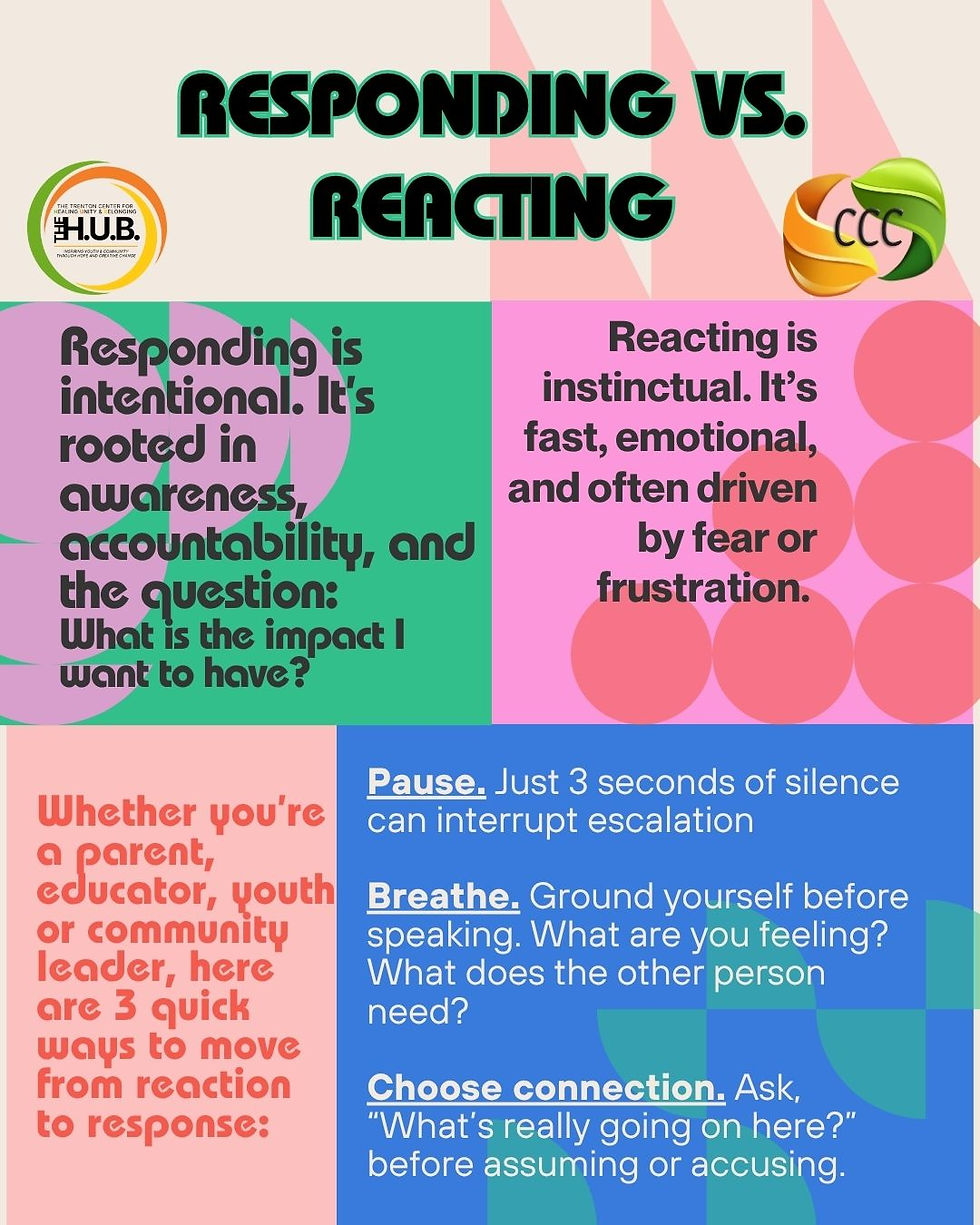From the Frontlines of Healing: A Restorative Summer at The HUB
- The H.U.B. Team

- Aug 6, 2025
- 2 min read
This summer, the Restorative Justice & Transformation (RJT) HUB team has been hard at work, planting seeds of healing, partnership, and possibility across Trenton and beyond.
We closed out June with deep reflection and community connection during our “Behind the Bullet” Gun Violence Awareness Event. This powerful gathering honored lives lost, held space for those living with the impact of violence, and reminded us of the collective work required to transform pain into purpose. The HUB stands as a place where stories are heard, healing is nurtured, and cycles of harm can be interrupted.
In late June, our team also had the privilege of attending and presenting at the inaugural “Pull-Up for Peace” Conference in Atlantic City. This violence prevention-centered convening brought together change-makers across the country to lift up strategies rooted in sustainability, anti-violence, and community healing. We were proud to share our model, grounded in partnership, cultural responsiveness, and dignity, and learn alongside others doing bold work in their cities.
July brought even more movement:
We launched innovative programs in collaboration with our community partners, offering fun, culturally affirming, trauma-informed workshops that met youth and families right where they are.
We are hosting four incredible Restorative Justice Youth Ambassadors, who remind us daily of the power, brilliance, and leadership within our young people.
And we remain deeply present in the lives of the youth and families we serve, listening, supporting, building trust, and standing in the gap.
As we step into August, the energy continues. We’re celebrating milestones, growing, refining, and staying rooted in our mission, to restore, to transform, and to serve with heart.
Restorative Tip of the Month: Responding vs. Reacting
In a world that often rushes us toward reactivity, restorative practice invites us to pause.
Reacting is instinctual. It’s fast, emotional, and often driven by fear or frustration.
Responding is intentional. It’s rooted in awareness, accountability, and the question: What is the impact I want to have?
Whether you’re a parent, educator, youth, or community leader, here are 3 quick ways to move from reaction to response:
Pause. Just 3 seconds of silence can interrupt escalation.
Breathe. Ground yourself before speaking. What are you feeling? What does the other person need?
Choose connection. Ask, “What’s really going on here?” before assuming or accusing.
At the HUB, we believe every moment of conflict is an opportunity to model care, curiosity, and accountability, and that starts with how we show up.
We’re grateful for all those who walk with us in this work. Keep watching, August is shaping up to be just as impactful.

In community,
The RTJ HUB Team






Comments